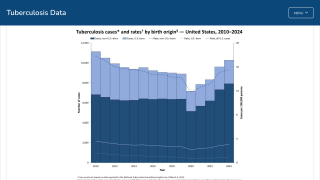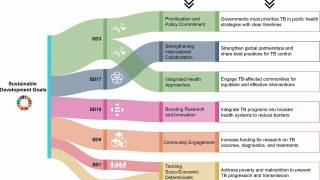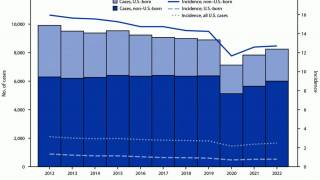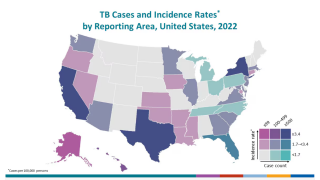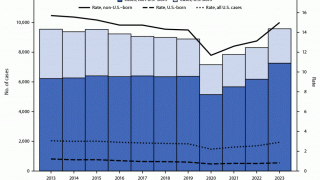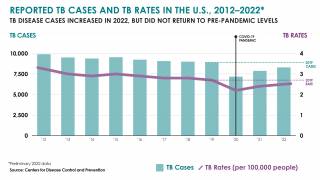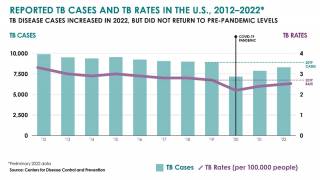Can Vaccines Curtail Alaska's Tuberculosis Outbreak
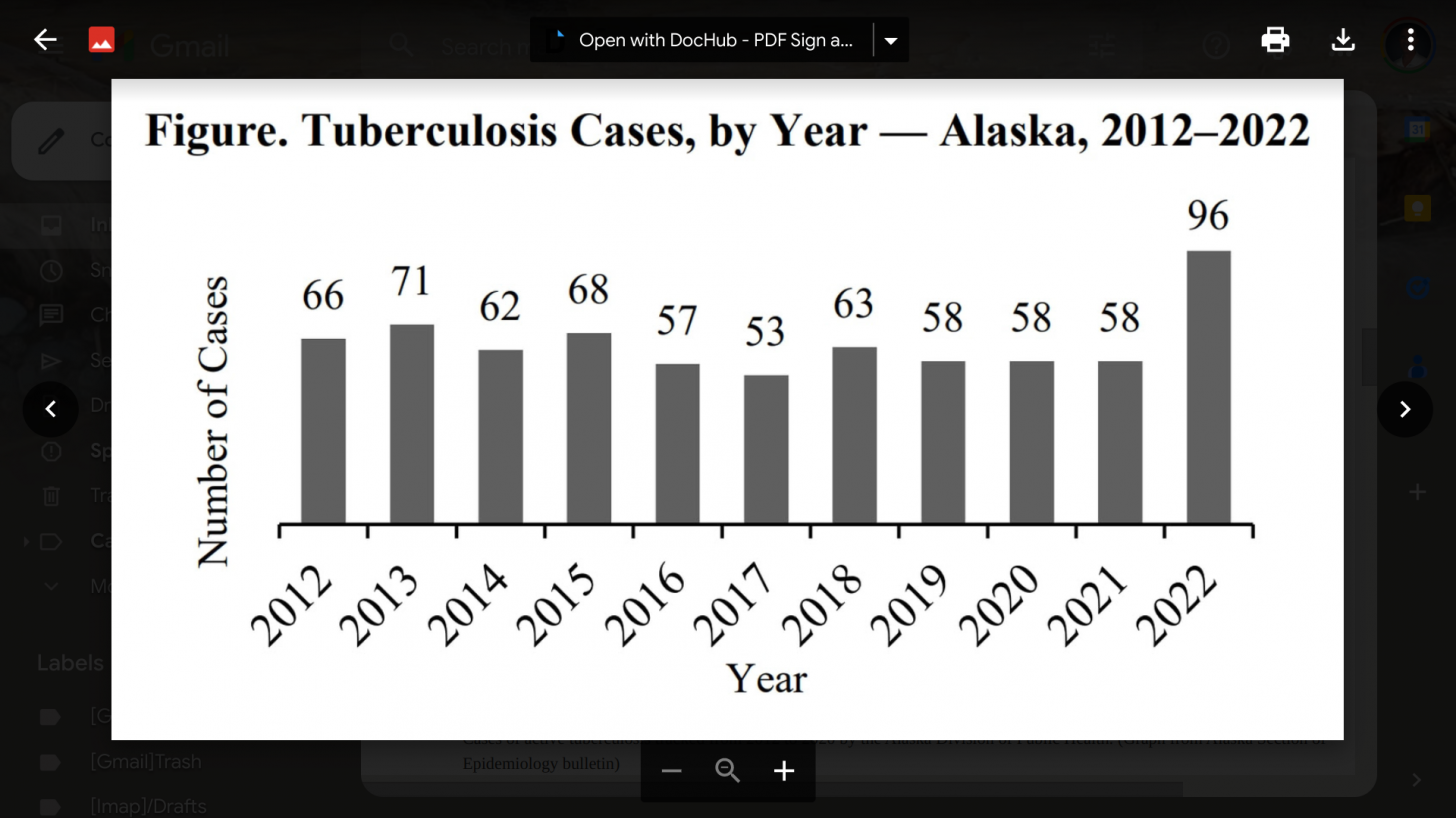
When planning an extended visit to Alaska's remote villages in 2023, an old vaccine-preventable disease reappeared and accelerated new cases last year.
According to preliminary figures released by Alaska's Division of Public Health on January 19, 2023, 96 active Tuberculosis (TB) cases were identified in 2022, with numerous cases under investigation.
The Health Department's Bulletin #1, issued on January 19, 2023, represents a 66% increase in TB cases compared to the prior three years.
There may not be a single reason for the significant increase in TB cases in 2022, said Michelle Rothoff, a physician with the Alaska Division of Public Health, reported the Anchorage Daily News on January 21, 2023.
For decades, Alaska has consistently reported one of the highest rates of TB in the U.S.
This is due to ongoing challenges with TB control in many rural Alaska communities.
For example, the Alaska Department of Health and Social Services ended statewide in-school TB testing in 2022 to comply with national guidelines.
The U.S. Centers for Disease Control and Prevention (CDC) no longer recommends in-school testing for TB for every student.
But those college-aged students with identifiable risk factors for exposure to TB and/or for TB disease should be tested.
However, the CDC stated in November 2022, ending TB will require a dual approach of maintaining and strengthening current TB control priorities while increasing efforts to identify and treat latent TB infection, especially in populations at increased risk of TB disease.
In 2021, the U.S. reported 7,882 TB cases, led by Non-Hispanic Asian persons (36.0%) and Hispanic persons (30.6%).
In Alaska, people at the highest risk for TB include those exposed to someone with active TB; Alaskan Native people residing in the Southwest or Northern regions of the state should be tested for TB.
There are two types of tests for TB infection: the TB skin test and the TB blood test. A person's healthcare provider should choose which TB test to use.
However, Bulletin #1 does not encourage preventive vaccinations.
The CDC says the Bacille Calmette-Guérin (BCG) vaccine is not widely used in the U.S. It is often given to infants and small children in other countries where TB is common.
In the U.S., BCG is only considered for people who meet specific criteria and are in consultation with a TB expert. Healthcare providers can consult their state or local TB control program for questions about BCG vaccination for their patients.
Various countries have approved different versions of the BCG vaccine, and several vaccine candidates are in development in 2023.
TB is an airborne bacterial disease that most commonly affects the lungs but can affect almost any part of the body. It is typically transmitted through prolonged close contact and sharing of air space with someone who has active TB disease.
Most people who become infected with TB have a 5–10% lifetime risk of developing active disease.
The risk of progression to active disease is amplified in young children, and persons with immunocompromising conditions like diabetes and HIV says the CDC.
Our Trust Standards: Medical Advisory Committee

